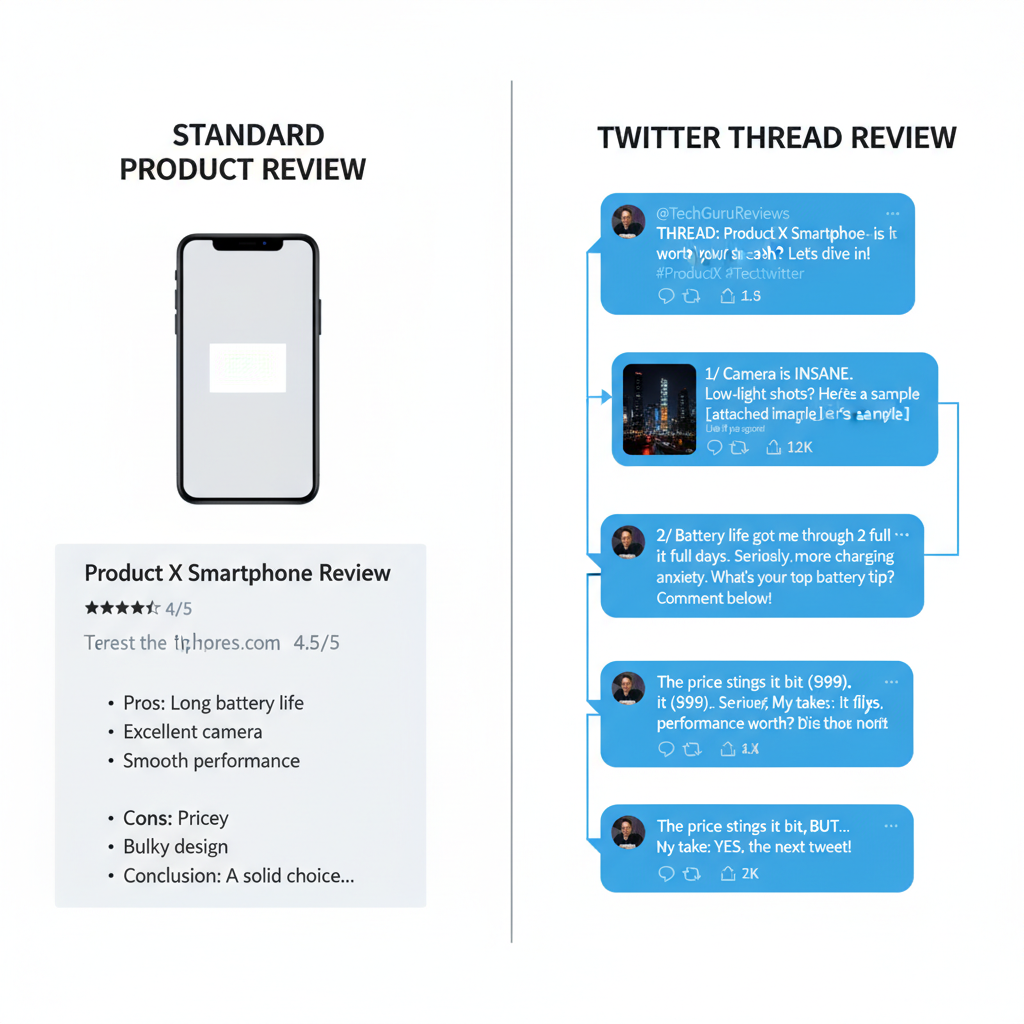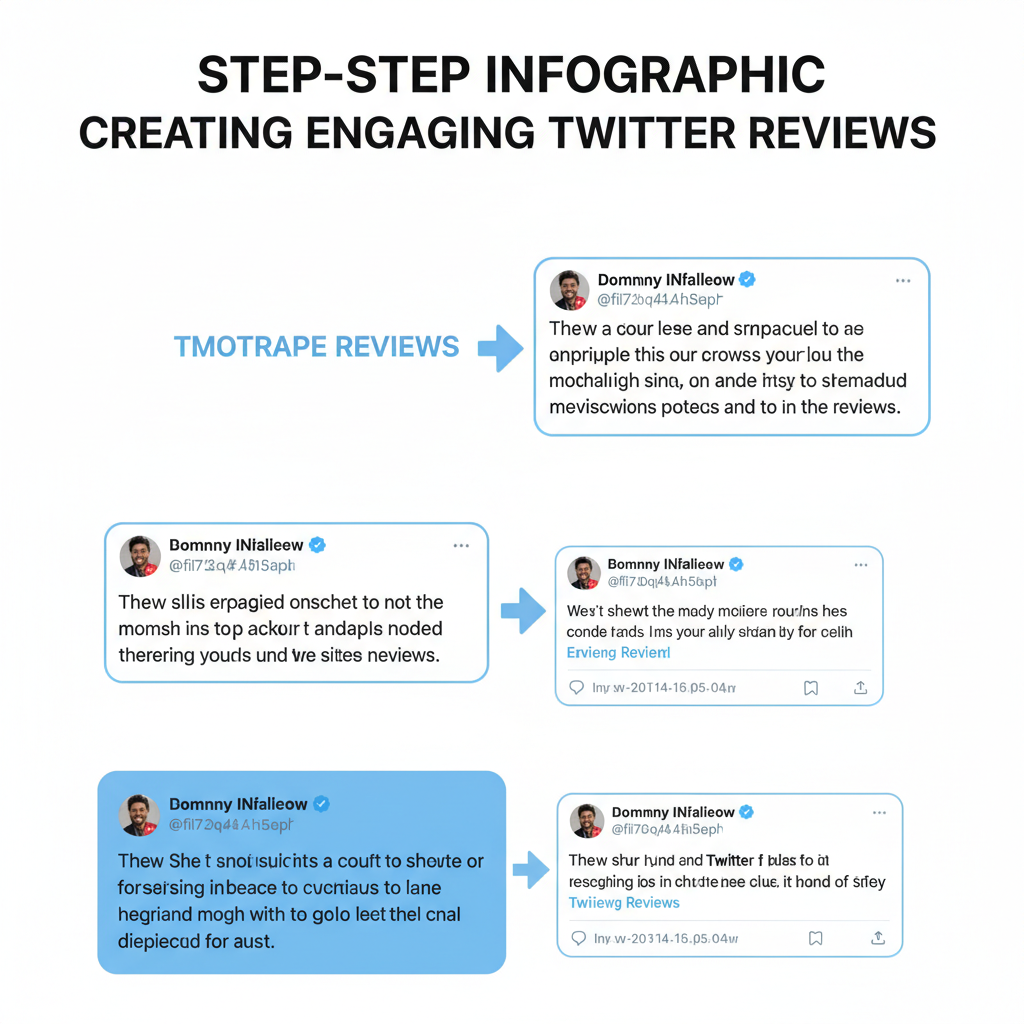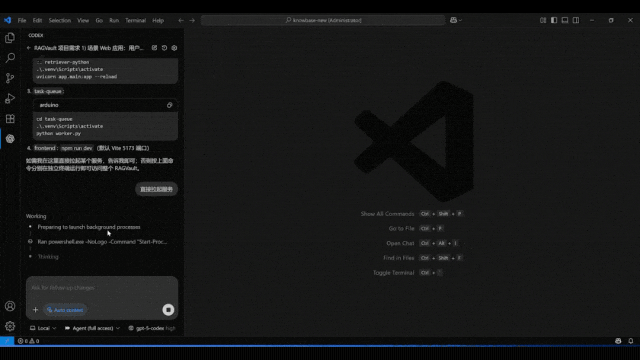How to Write Engaging Twitter Reviews That Boost Interaction
Learn how to create engaging Twitter reviews with trending topics, concise headlines, threads, and visuals to boost interaction and reach.

Mastering Twitter Reviews for Maximum Engagement
Twitter reviews are an effective way to deliver fast, concise evaluations of products, services, events, or trends. Because of the platform’s brevity and real-time nature, they allow creators to share timely insights that quickly capture attention and encourage interaction. In this guide, we’ll explore how to craft high-performing Twitter reviews—from choosing trending topics to structuring engaging threads—so your content gets noticed and shared.
---
Understanding What Twitter Reviews Are and Their Unique Format
Twitter reviews are short, impactful evaluations shared directly on the Twitter platform. Unlike long-form blog reviews, their strengths lie in brevity, immediacy, and public interaction.
Each review typically fits within Twitter's 280-character limit per tweet but can be expanded by threading multiple tweets together. This enables layered storytelling—each tweet offers a piece of the narrative, keeping your audience engaged.

Given Twitter's high-velocity nature, your reviews must stand out quickly in busy feeds. The tight character limit means every word counts, compelling you to write with precision and purpose.
---
Research Trending Topics or Products for Review Relevance
The relevance of your Twitter reviews depends on timing and topic choice. Posting about a trending product or conversation can dramatically increase reach.
Ways to Identify What's Hot
- Twitter Trending Section: Spot topics gaining momentum.
- Hashtag Research: Use tools like Hashtagify or Twitter’s native search.
- News & Pop Culture Moments: Link your reviews to widely-discussed events.
- Community Engagement: Poll followers for review suggestions.
Why This Matters
Twitter’s algorithm prefers engagement-rich content. Targeting hot topics makes likes, retweets, and replies more likely.
---
Craft Concise, Attention-Grabbing Headlines Within Character Limits
Your headline is the hook. A strong review headline should:
- Convey value immediately.
- Spark curiosity without misleading.
- Fit within character constraints.
Examples
- "The Galaxy Z Flip5: Sleek, Smart, and Worth the Hype?"
- "5 Minutes with the New Refillable InkPen ✒️ — Worth Your Stationery Budget?"
- "I tried the viral matcha latte recipe so you don’t have to ☕"
Incorporate power words, limit emoji use, and keep the phrasing impactful. The headline should stand alone as a compelling tweet.
---
Use Threaded Tweets to Build Narrative Depth and Context
Twitter threads allow you to:
- Introduce the subject.
- Explore features or personal experiences.
- Summarize with a conclusion or rating.

Basic Thread Structure
Tweet 1: Hook + introduction.
Tweet 2: Key feature analysis.
Tweet 3: Pros and cons.
Tweet 4: Final verdict and rating.
Tweet 5: Call-to-action (Ask for opinions).Threads extend audience dwell time and encourage more meaningful engagement.
---
Incorporate Visuals, GIFs, and Polls to Enhance Review Value
Multimedia elements make reviews more engaging and shareable. Images or polls communicate context beyond what 280 characters can convey.
Multimedia Options
- Photos: Product images, before/after shots.
- GIFs: Capture product usage or emotions.
- Polls: Invite your audience to participate.

Benefits include:
- Higher click-through rates.
- Better accessibility for diverse audiences.
- Visual breaks that sustain interest.
---
Balance Objectivity and Personal Opinion for Credibility
A credible Twitter review provides both factual details and authentic impressions.
| Aspect | Objective Detail | Personal Opinion |
|---|---|---|
| Smartphone Camera | 12MP lens, optical zoom | "Produces vibrant shots even in low light" |
| Event Venue | Capacity of 500 seats | "Intimate enough for meaningful conversation" |
| Restaurant's Signature Dish | Grilled Tuna with Citrus | "Tangy perfection in every bite" |
Readers respect transparency, even if your opinion contrasts with popular sentiment.
---
Encourage Audience Interaction With Calls-to-Action
Prompting followers to act makes your review part of an ongoing conversation. Calls-to-action (CTAs) boost visibility via retweets and replies.
Examples:
- "What’s your verdict? Comment below 👇"
- "Retweet if you agree with my take!"
- "Vote in the poll—Does it deserve the hype?"
CTAs should be direct, relevant, and easy to take part in.
---
Monitor Analytics to Measure Review Performance and Reach
After publishing, track how your review performs:
- Impressions: Reach potential.
- Engagement Rate: Interaction per view.
- Profile Visits: New audience growth.
- Hashtag Performance: Trend alignment.
Tracking Tools
- Twitter Analytics
- Hootsuite, Buffer, TweetDeck
These insights help refine future reviews.
---
Adapt Future Reviews Based on Engagement and Feedback
Use performance data and follower input for continuous improvement:
- Shorten threads where drop-offs appear.
- Add visuals to underperforming tweets.
- Adjust tone—formal or casual—based on audience preference.
Consistency in refinement builds loyalty and visibility.
---
Avoid Overly Promotional Tone to Maintain Trust
Hard-sell language risks alienating audiences. Instead, aim for:
- Honest disclosure of sponsorships.
- Balanced mention of pros and cons.
- Emphasis on usefulness rather than persuasion.
Authenticity is the currency of Twitter engagement.
---
Conclusion
Engaging Twitter reviews combine timeliness, catchy headlines, multimedia support, and balanced perspectives. By structuring content effectively, tracking results, and evolving your approach, you can create threads that inform, entertain, and spark discussion.
Start applying these strategies, and watch your Twitter reviews expand your reach, grow engaged followers, and secure your voice as a trusted reviewer.



